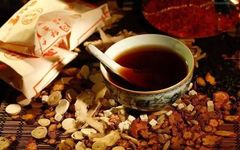Chinese Medicine Decoctions
Decoctions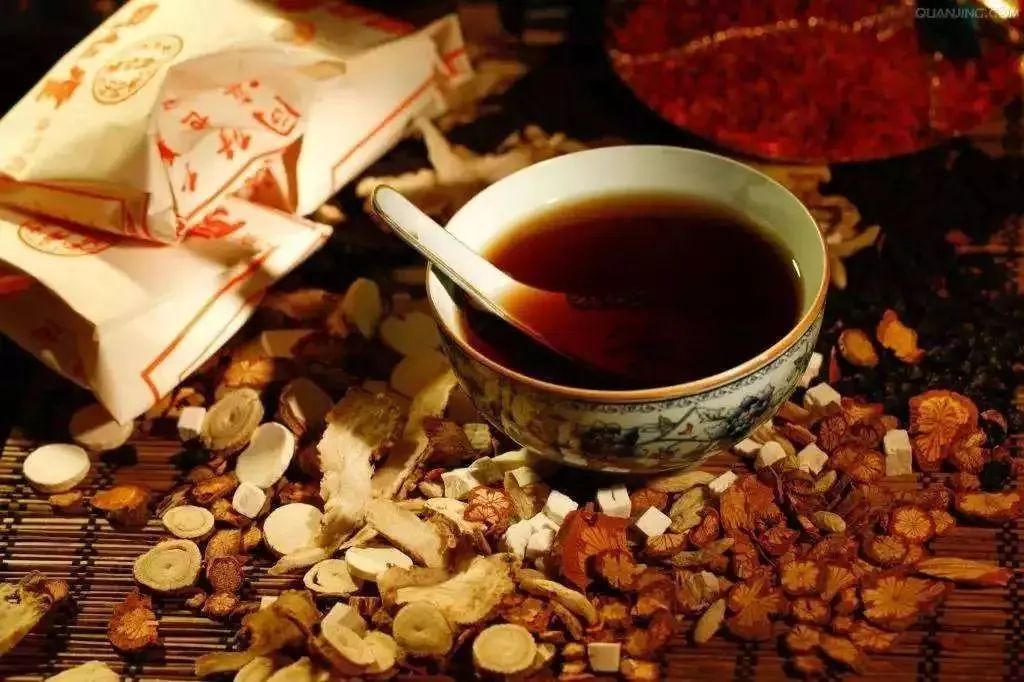
1. Onset Time
1. According to the medicinal properties: (1) Tonifying herbs and purgatives should be taken on an empty stomach; (2) Sedative and sleep-aiding herbs should be taken before bedtime; (3) Herbs that irritate the gastrointestinal tract should be taken after meals.
2. According to the nature of the disease: (1) For acute severe illnesses, decoctions can be taken at any time, replacing tea; (2) For chronic diseases, they should be taken at regular intervals; (3) For malaria, take 2 hours before an attack; (4) For parasitic diseases, take once before bed and again on an empty stomach the next morning.
3. General conditions: (1) Western and Chinese medicines should be taken at least 30-40 minutes apart; (2) For decoctions treating external pathogens, due to their rapid action, a 30-minute interval is appropriate; (3) For nourishing decoctions, which nourish the whole body, the interval should be appropriately extended.
4. Special cases: (1) Decoctions for hypertension can be taken once in the morning and once in the afternoon; (2) Decoctions for digestive adjustment should be taken before meals; (3) Decoctions for treating gastritis (ulcers) should be taken after meals; (4) To maintain effective blood drug concentration, patients with upper respiratory diseases using antibacterial drugs should take them 1-2 hours after Western medicine.
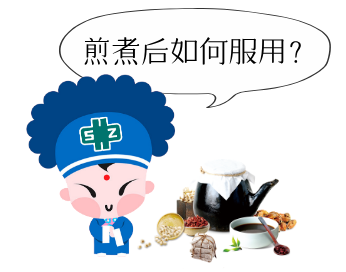
2. Dietary Restrictions After Taking Medicine
1. Dietary restrictions based on diseases:
For hypertension, edema (kidney disease), and stone diseases, reduce salt intake;
For diabetes (Xia Ke disease), avoid sugar;
For dysentery and diarrhea (gastrointestinal dysfunction), be cautious with greasy foods;
For cold syndromes, avoid raw and cold foods; for heat syndromes, avoid spicy foods;
For asthma, allergic dermatitis, hepatitis, and boils, avoid foods containing foreign proteins such as chicken, lamb, fish, shrimp, crab, and leeks.
2. Dietary restrictions based on medications:
When taking purgatives, avoid raw and hard-to-digest foods;
When taking sedatives, avoid spicy foods, alcohol, and strong tea that stimulate the central nervous system;
Formulas containing Rehmannia (Di Huang), Fo-Ti (He Shou Wu), and Ginseng (Ren Shen) should avoid radishes;
Formulas with Poria (Fu Ling) and American Ginseng (Xi Yang Shen) should avoid tea; Poria should avoid vinegar;
When taking Schizonepeta (Jing Jie), avoid pufferfish and scaleless fish; peppermint (Bo He) should avoid turtle meat, etc.
In summary: During medication, avoid raw, cold, greasy, and strong-smelling foods that are hard to digest or have special stimulating effects.
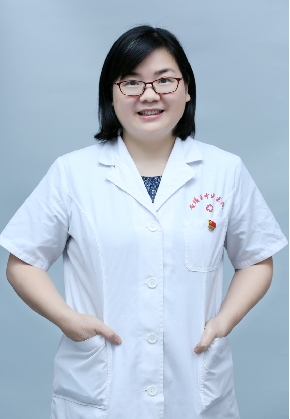
Zhong Qiumei
Deputy Chief Pharmacist
Profile: Member of the municipal and district pharmacy expert database and pharmacy management inspection expert; Head expert in pharmacy at Huangpu District Traditional Chinese Medicine Hospital and expert in difficult case consultations; Member of the Guangdong Provincial Hospital Pharmacy Professional Committee; Member of the Guangdong Provincial Women Physicians Association Pharmacy Professional Committee; Member of the Guangdong Provincial Pharmacy Quality Management Expert Committee; Member of the Guangdong Provincial Pharmacy Outpatient Expert Committee; Member of the Guangdong Provincial Pharmacy Society Obstetrics and Gynecology Pharmacy Expert Committee; Engaged in clinical pharmacy work for nearly 30 years with rich experience in guiding and managing the rational application of clinical drugs, and has published several papers related to clinical pharmacy.
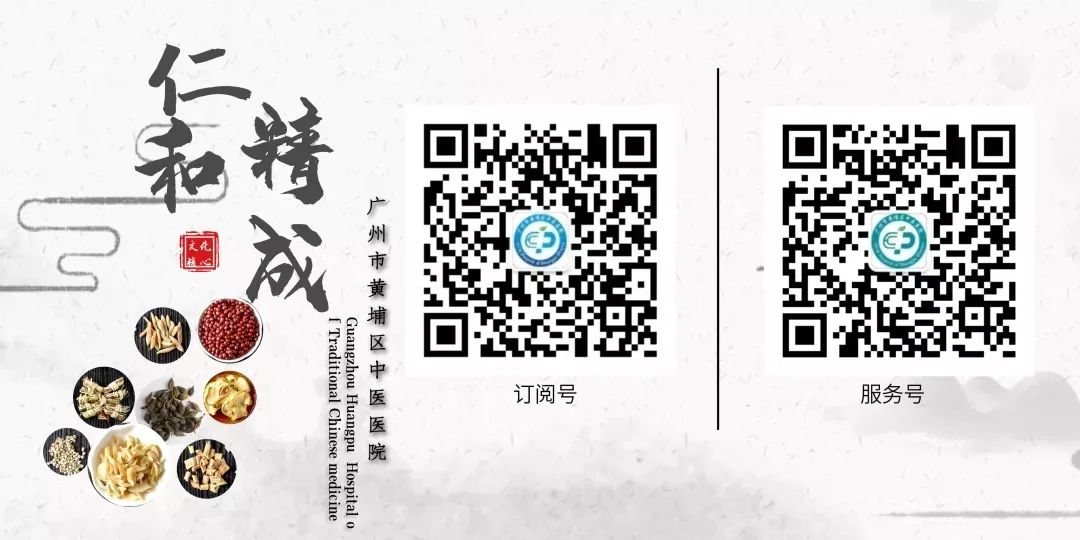
Providedby:Department of Pharmacy
Edited:Gu Dao FengReviewed:Luo Sui Ping

